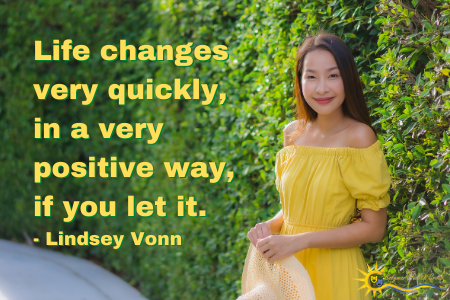I. Introduction
Self-care has become a buzzword in recent years, but what exactly does it mean? At its core, self-care is the act of taking care of oneself, both physically and mentally, to maintain or improve overall well-being. This can take many forms, from getting enough sleep and exercise to engaging in activities that bring joy and relaxation. While self-care is important for everyone, it's especially crucial when feeling overwhelmed. When we're feeling stressed and overloaded, it's easy to neglect our own needs, which can lead to burnout and other health issues. In this article, we'll explore five simple yet effective ways to practice self-care when you're feeling overwhelmed, so that you can take care of yourself and feel more balanced and centred.

 As human beings, we have a set of basic needs that must be met in order for us to function properly. These include physiological needs such as food, water, shelter, and sleep, as well as safety, love and belonging, self-esteem, and self-actualization. Failure to meet these needs can lead to a variety of problems, including emotional and mental health issues.
As human beings, we have a set of basic needs that must be met in order for us to function properly. These include physiological needs such as food, water, shelter, and sleep, as well as safety, love and belonging, self-esteem, and self-actualization. Failure to meet these needs can lead to a variety of problems, including emotional and mental health issues.










